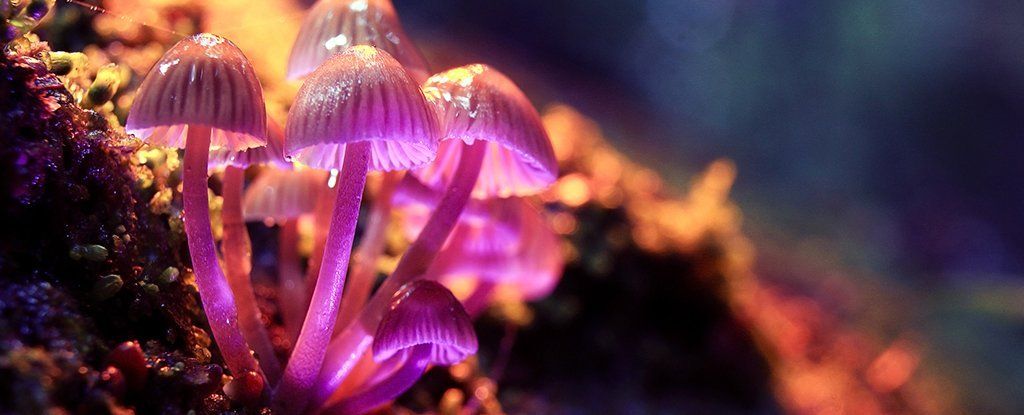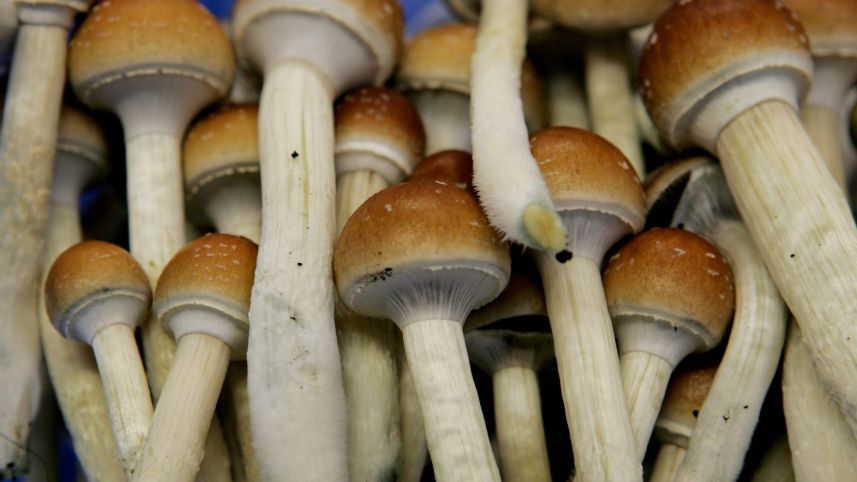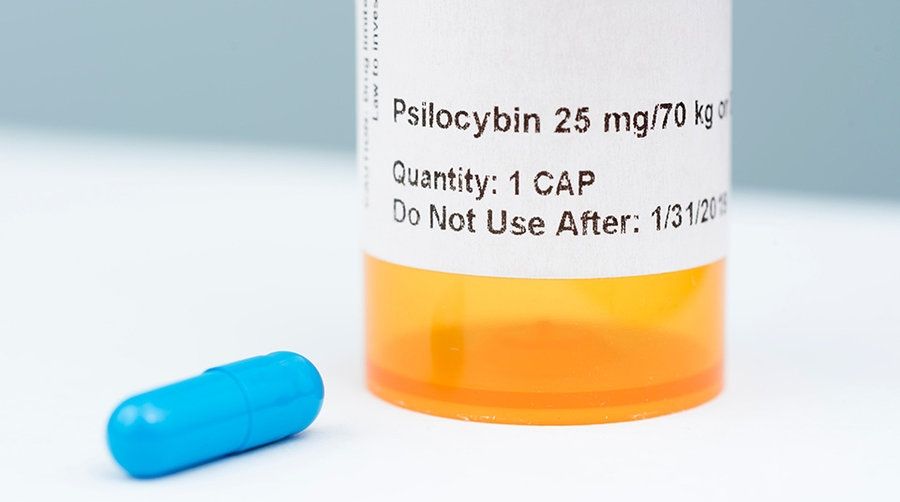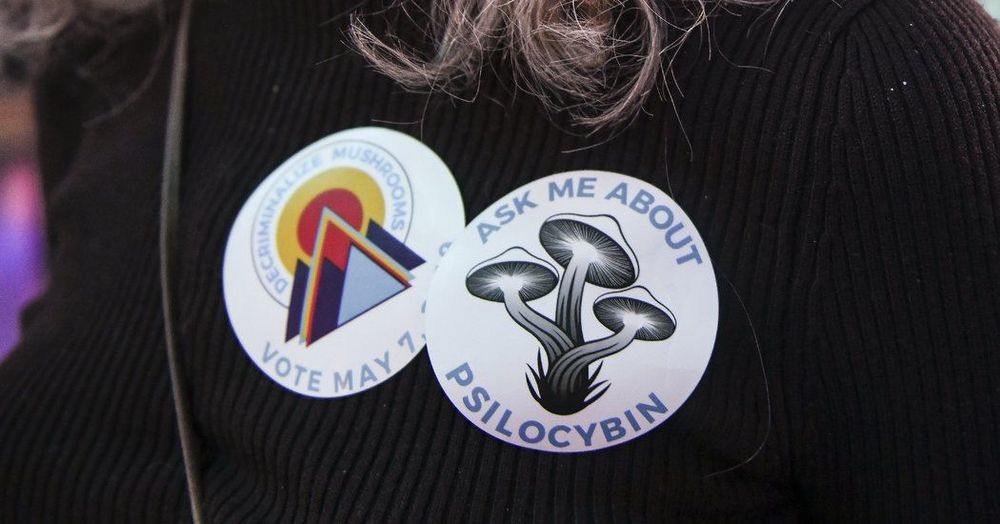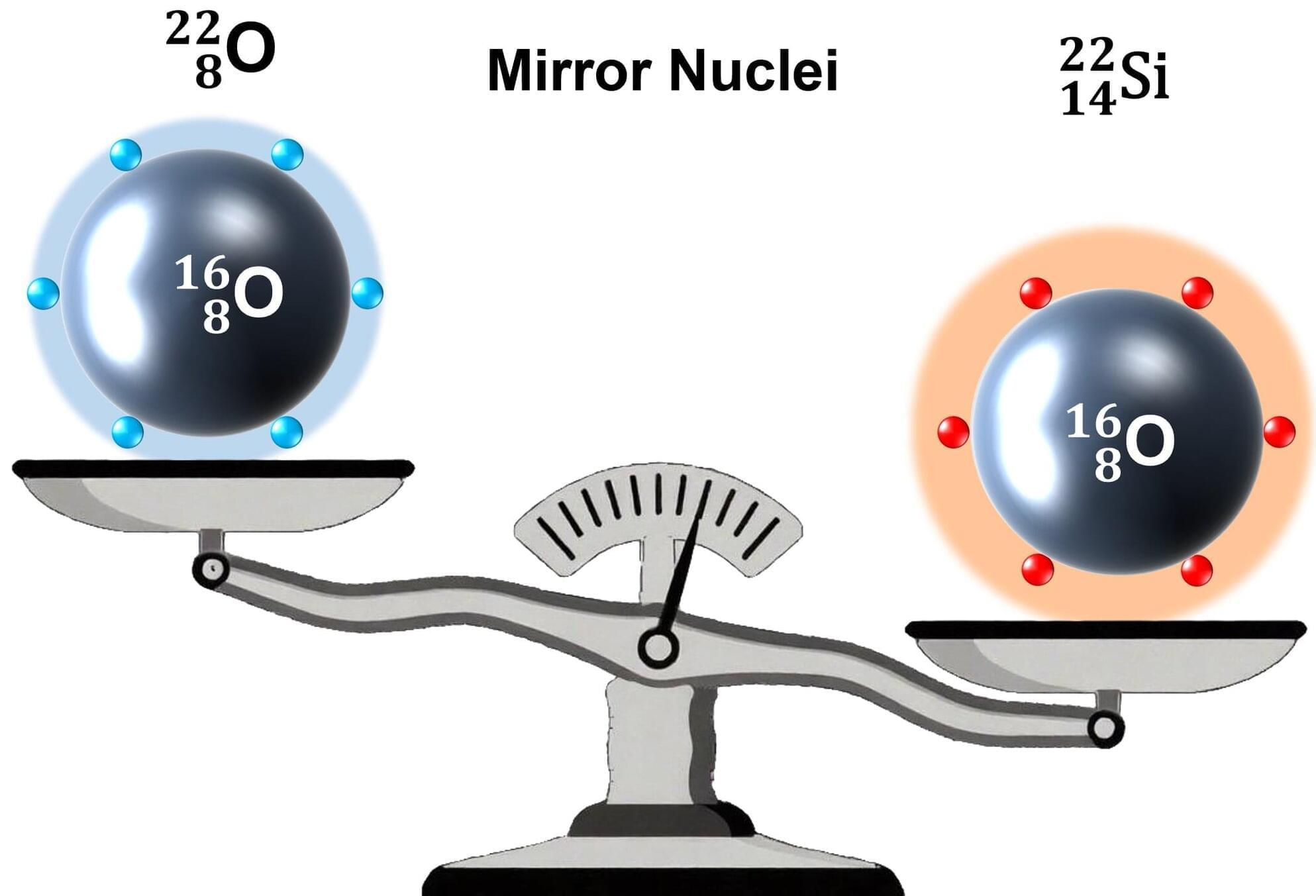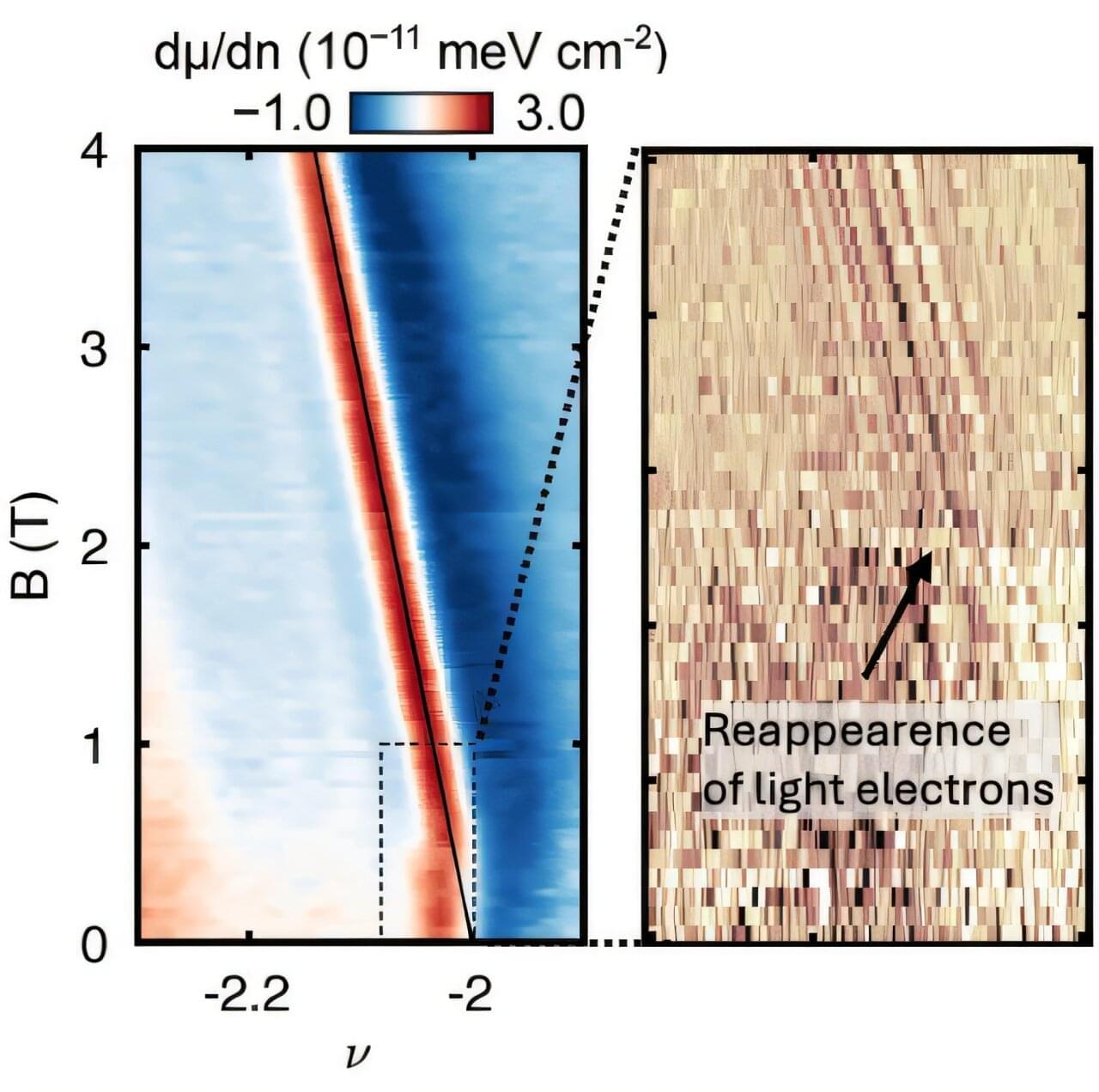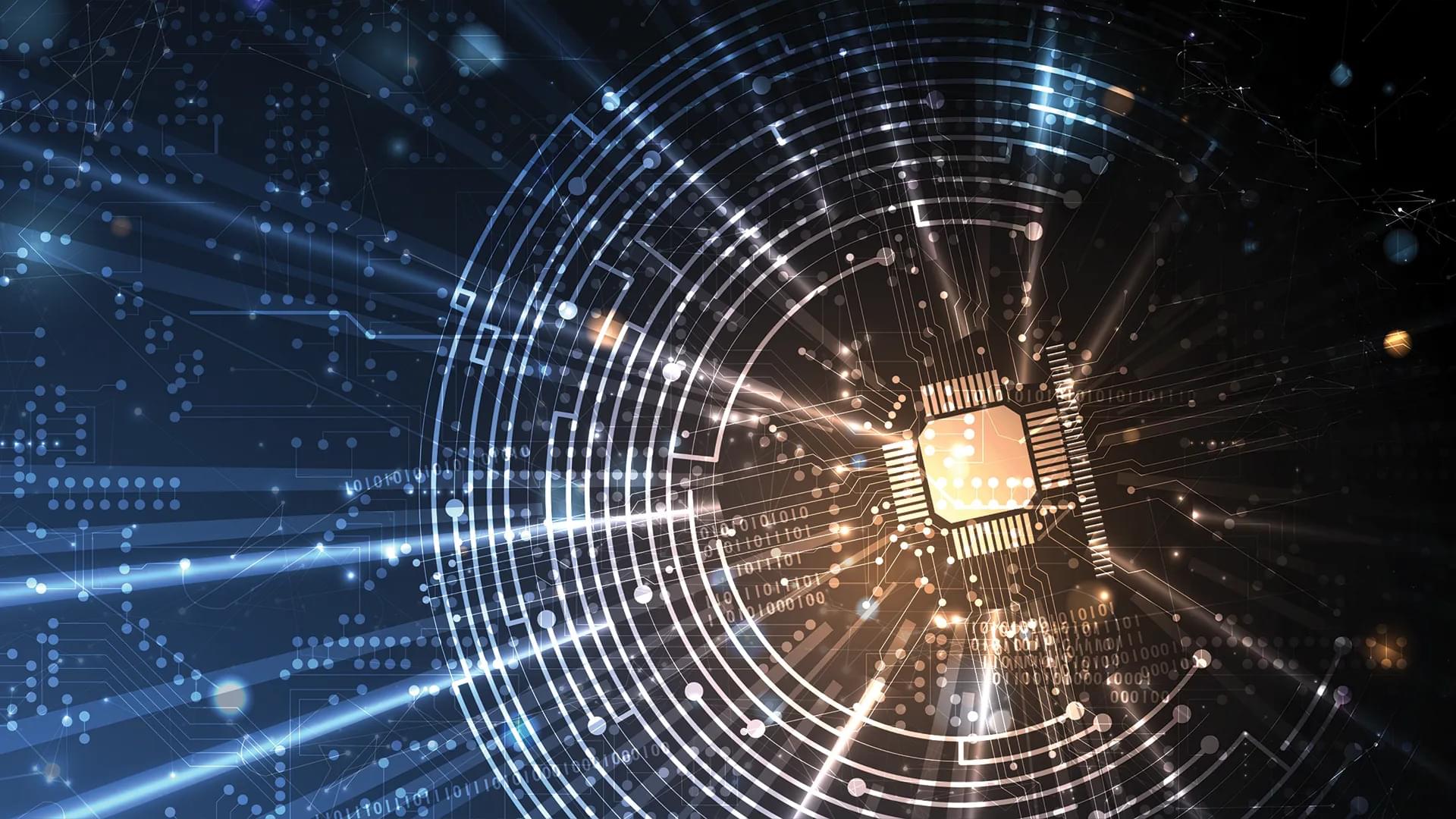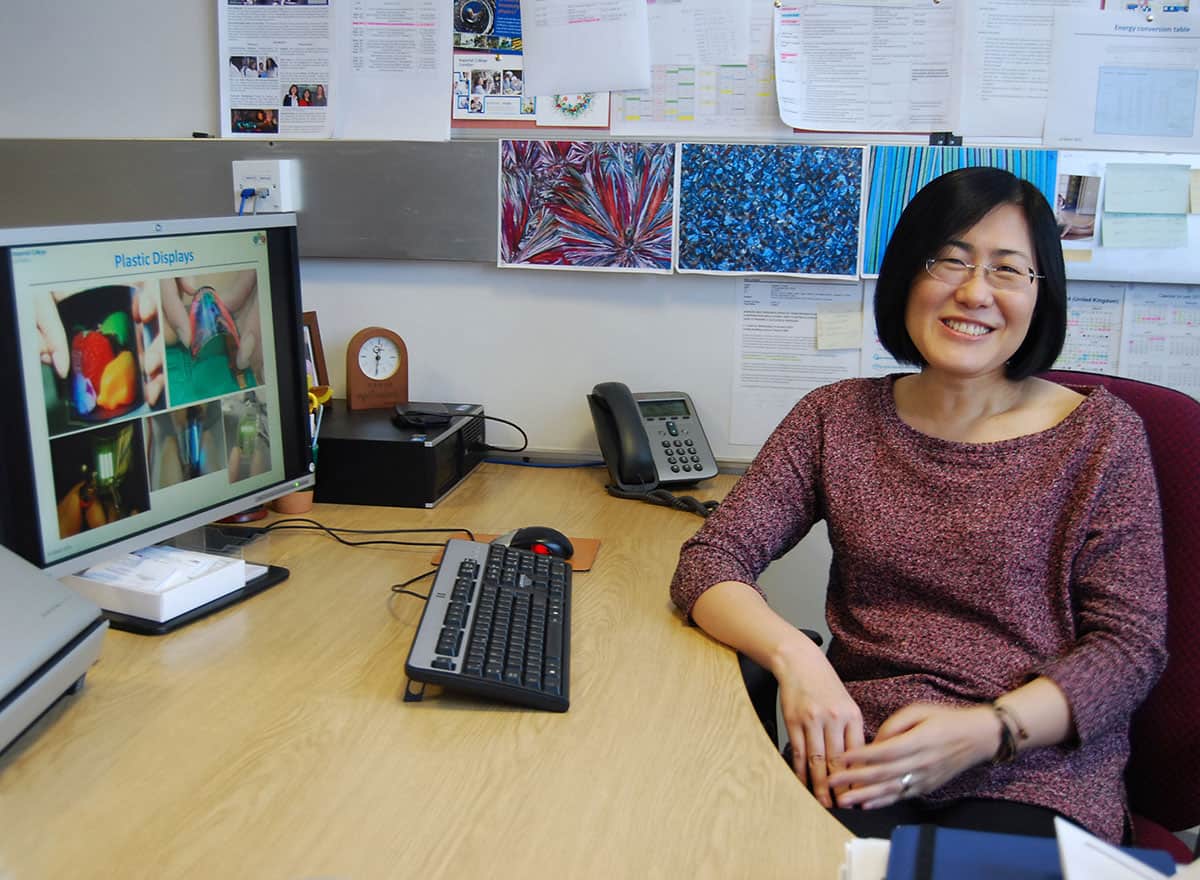For nearly 60 years scientists have known the chemical responsible for magic mushrooms’ psychedelic reputation is a compound called psilocybin. What we haven’t known is the biochemical pathway behind this famous hallucinogen.
Feel free to now tick that one off your chemistry bucket-list. German researchers have identified four key enzymes involved in making the chemical, potentially setting the stage for mass production of a promising pharmaceutical.
Psilocybin was first identified by the Swiss scientist Albert Hofmann way back in 1959, but has only recently re-entered the spotlight as a safe way to treat conditions related to anxiety, depression, and addiction.
